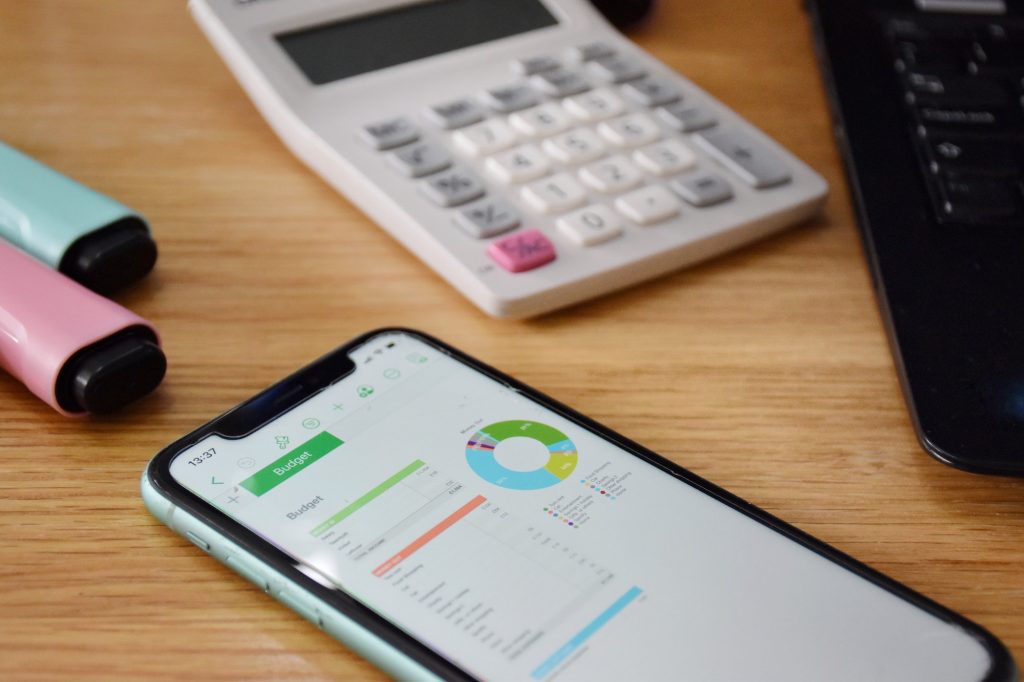With the ending of JobKeeper and the lagging effects of COVID on Australians and their businesses; Life Beyond Numbers Founder, Amit Aggarwal, decided to get accredited as a Mental Health First Aider to recognise and help people in distress. Below Amit shares his experience about why he felt this was important training to undertake as a financial wealth strategist and consultant.
What is a Mental Health First Aider?
A Mental Health First Aider is an accredited program to help professionals recognize and help clients who may be experiencing hardship and as a result, mental health issues. According to BlackDog Institute about 20% of the people in Australia experience some sort of mental health issue each year. As a Mental First Aid Provider, this course has equipped me with knowledge to identify those issues and tools to support people experiencing a mental health crisis.
As an finance professional, why is this important to you?
Managing money and mental health goes hand in hand. Whilst problems with one can lead to problems with the other, the converse can be equally as true as well. Managing one or both better can lead to a good and peaceful life. After all life existed before numbers. It’s unfortunate, how many times people make life all about money. There is Life Beyond Numbers and this is going to be my mantra for people I work with.
How does becoming a Mental Health First Aider relate to your financial, insurance or accounting services?
Sometimes mental health issues are a consequence of financial stress. Being an finance professional, I have witnessed the effects of the COVID-19 pandemic on people both financially and emotionally on a number of occasions over the last 12 months. I could see people stressed and have tried to help out, I didn’t feel like I was helpful enough because I wasn’t sure how to assist them in such an emotional turmoil, so when I heard about this training, I was very happy to get involved. Understanding peoples’ challenges beyond the numbers and supporting them is more important than just managing their accounting.
The words ’emotionally sensitive’ and ‘financial strategist’ don’t go in the same sentence often! Why did you decide to do this training?
As I was looking for answers to help people, I stumbled across this opportunity from Counting On U. I was able to get into this program run by Deakin University that supports small to medium business owners. Counting on U is an Australian-wide, workplace mental health, and relationship-building intervention, that aims to provide training to business advisors. I’d like to thank Danielle Story (CEO of Eice), Dr Jeff Chamberlain (Director EBIC), Professor Andrew Noblet (Deakin University), and Carol Leow-Taylor (Project Manager) for helping me complete this course.
What do you hope to achieve from being an accredited mental health aider?
I hope to further help my clients with whatever situation they’re in; and after completing this course, I can recognise the signs of mental health issues a lot better than before. I can use these tools and techniques to have conversation with affected people and point them in the right direction to get the help they need.
If you believe you are suffering from mental health issues, please contact Beyond Blue. If you require financial advice, contact us today.






